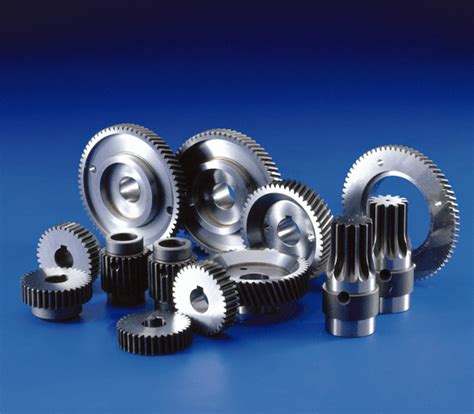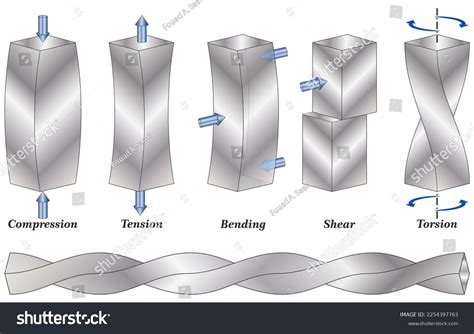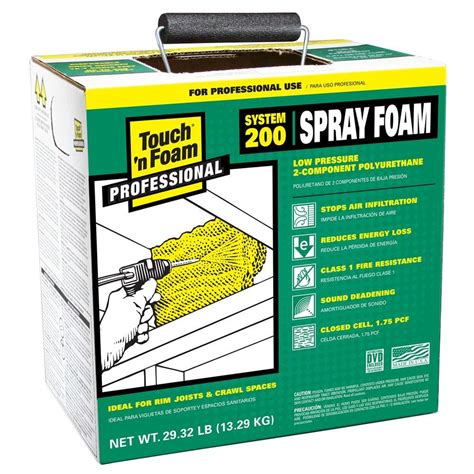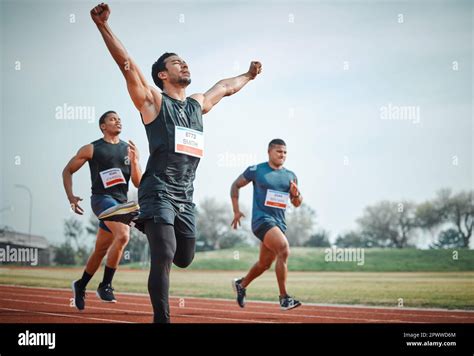What gear prevents injury & optimizes recovery for peak athletic performance?

The Crucial Role of Gear in Athletic Longevity and Performance
For any athlete striving for peak performance, the right gear is more than just an accessory; it’s a fundamental component of their training and competition strategy. Beyond enhancing comfort, specialized equipment plays a pivotal role in preventing injuries, supporting the body during strenuous activity, and significantly optimizing the recovery process. Investing in appropriate gear can mean the difference between a season-ending injury and a successful, sustained athletic career.
Protective Gear: Your First Line of Defense
Preventing injuries is paramount, and protective gear forms the cornerstone of this strategy. Depending on the sport, specific items are non-negotiable for safeguarding vulnerable body parts.
Head Protection
- Helmets: Essential in sports like cycling, American football, hockey, and skiing, helmets mitigate the risk of concussions and traumatic brain injuries, which can have long-lasting effects.
Joint and Limb Protection
- Pads and Guards: Knee pads, elbow pads, shin guards, and mouthguards protect against direct impact, abrasions, and fractures in contact sports.
- Supportive Braces: From ankle braces to knee sleeves and wrist wraps, these provide stability to joints, particularly beneficial for athletes recovering from previous injuries or those susceptible to strains. They offer proprioceptive feedback and gentle compression.

Performance-Enhancing and Supportive Gear
While not strictly protective in the traditional sense, certain gear is designed to support muscles and joints, improve circulation, and enhance proprioception, indirectly contributing to injury prevention and better performance.
Compression Apparel
Compression socks, sleeves, and tights are widely used across various disciplines. They work by applying graduated pressure to muscles, which can:
- Improve blood flow and oxygen delivery to working muscles.
- Reduce muscle oscillation, potentially decreasing muscle damage and fatigue.
- Aid in lactic acid removal during and after exercise.
Proper Footwear
The foundation of athletic performance often starts with the feet. Sport-specific shoes are engineered to provide the right balance of cushioning, support, and stability, reducing the risk of conditions like plantar fasciitis, shin splints, and ankle sprains. Regularly replacing worn-out footwear is crucial.

Optimizing Recovery: Accelerating the Healing Process
Recovery is where gains are made, and specialized gear can significantly expedite this critical phase, preparing the body for the next challenge.
Myofascial Release Tools
- Foam Rollers and Massage Balls: These tools are indispensable for self-myofascial release, breaking up muscle knots, increasing flexibility, and improving blood flow to tight areas. Regular use can alleviate soreness and prevent chronic tightness.
- Percussive Massage Devices (Massage Guns): Delivering rapid bursts of pressure, these devices penetrate deep into muscle tissue, promoting blood flow, releasing tension, and reducing post-exercise muscle soreness more effectively than manual massage.

Therapeutic and Circulatory Aids
- Cold Therapy Devices (Ice Packs, Cold Compression Systems): Applying cold helps reduce inflammation, numb pain, and constrict blood vessels, minimizing swelling after acute injuries or intense workouts.
- Compression Boots/Pants (Dynamic Compression): These systems use air chambers to provide sequential, intermittent compression to the legs, significantly enhancing lymphatic drainage and venous return. This helps flush metabolic waste, reduce swelling, and accelerate muscle recovery, making them popular among elite athletes.
Smart Wearables and Tracking Devices
While not directly preventing injury or aiding physical recovery, smartwatches, heart rate monitors, and sleep trackers offer invaluable data. By monitoring sleep quality, heart rate variability (HRV), and activity levels, athletes can gain insights into their body’s readiness and recovery status, helping them adjust training loads to prevent overtraining and subsequent injuries.

Conclusion: A Holistic Approach to Athletic Excellence
Achieving peak athletic performance is a multifaceted endeavor that integrates training, nutrition, mental fortitude, and crucially, the right equipment. From head protection to advanced recovery tools, the gear an athlete chooses directly impacts their ability to prevent injury, maintain optimal physical function, and bounce back faster from strenuous activity. By strategically leveraging these innovations, athletes can not only extend their careers but also consistently push their boundaries and reach new heights in their respective sports.








